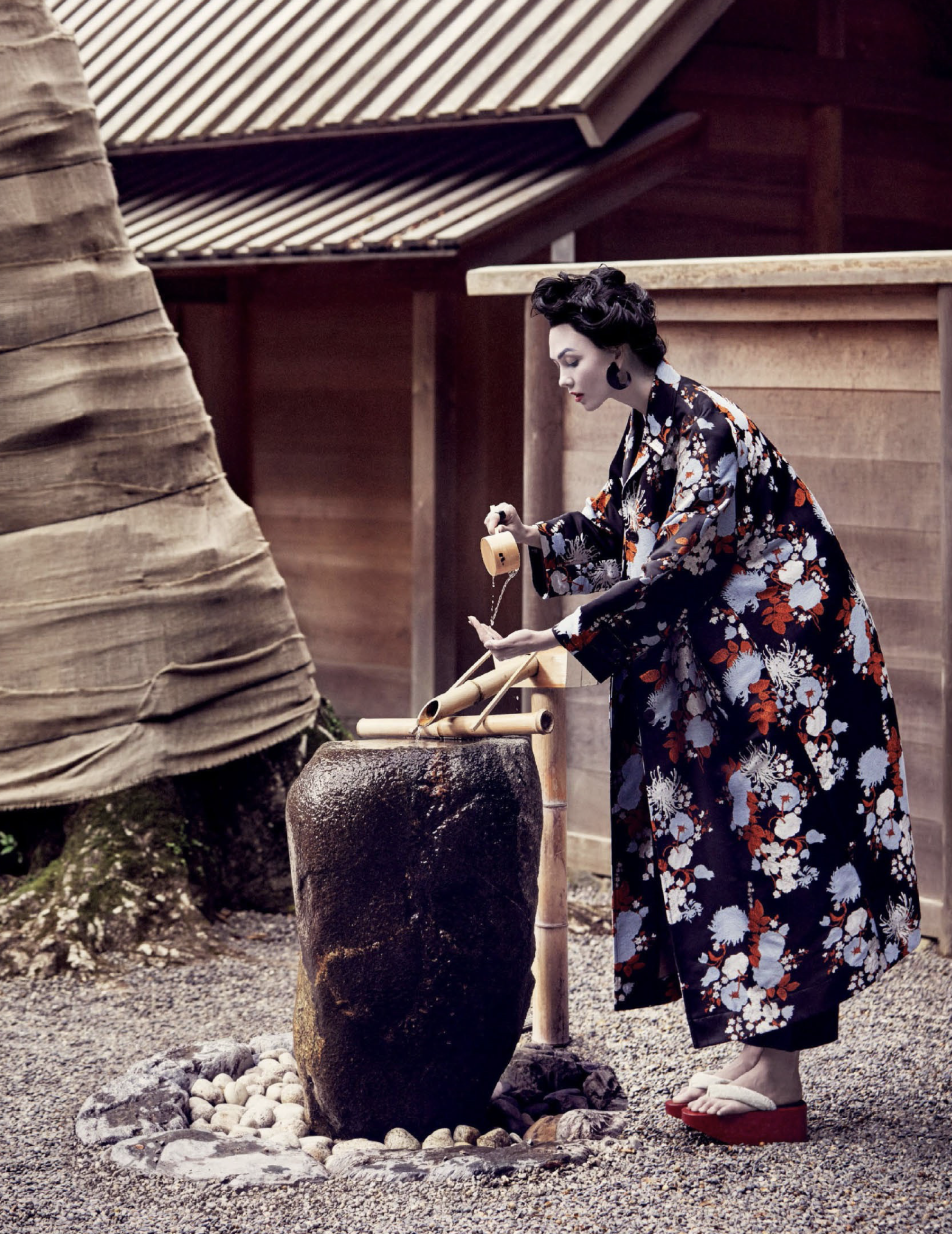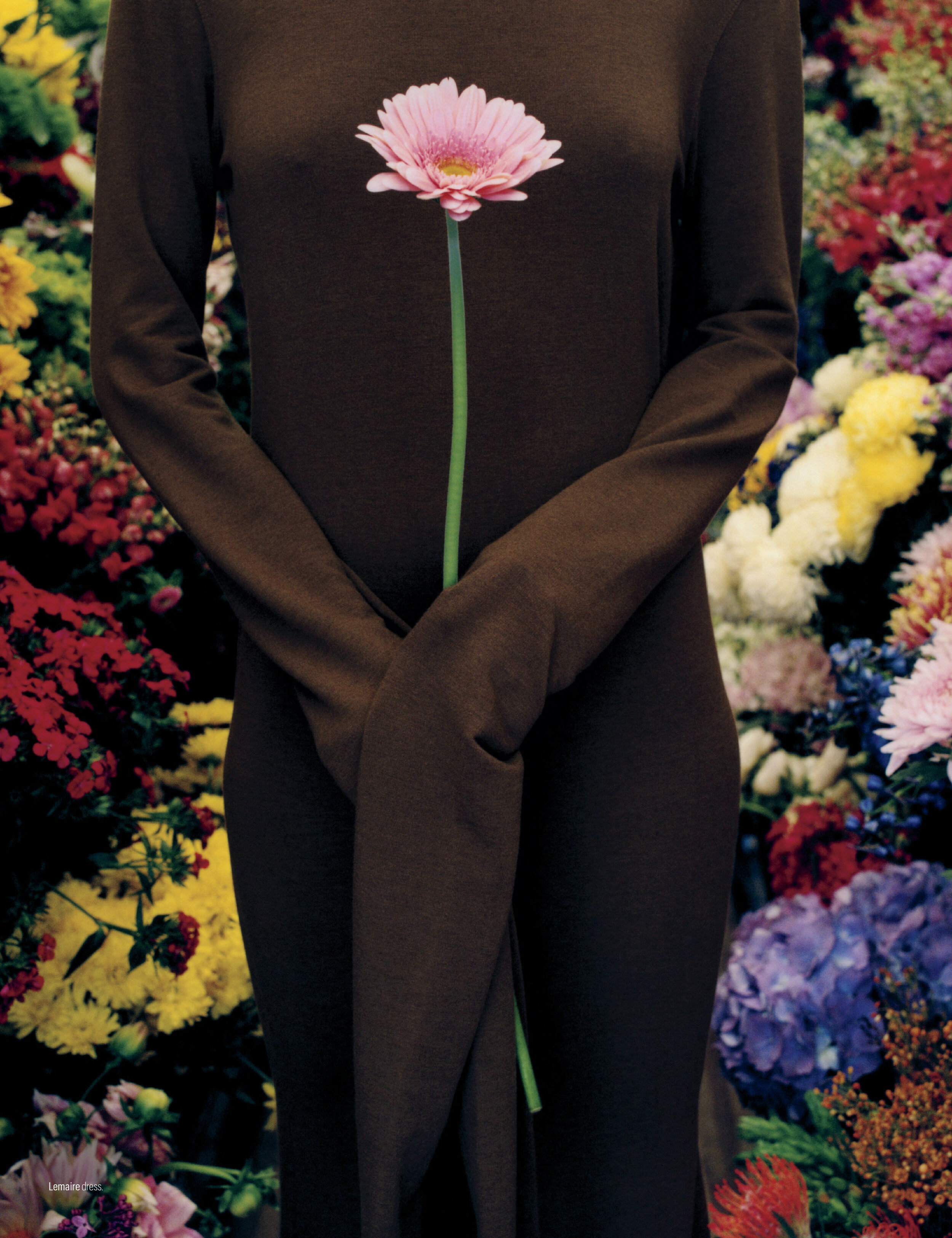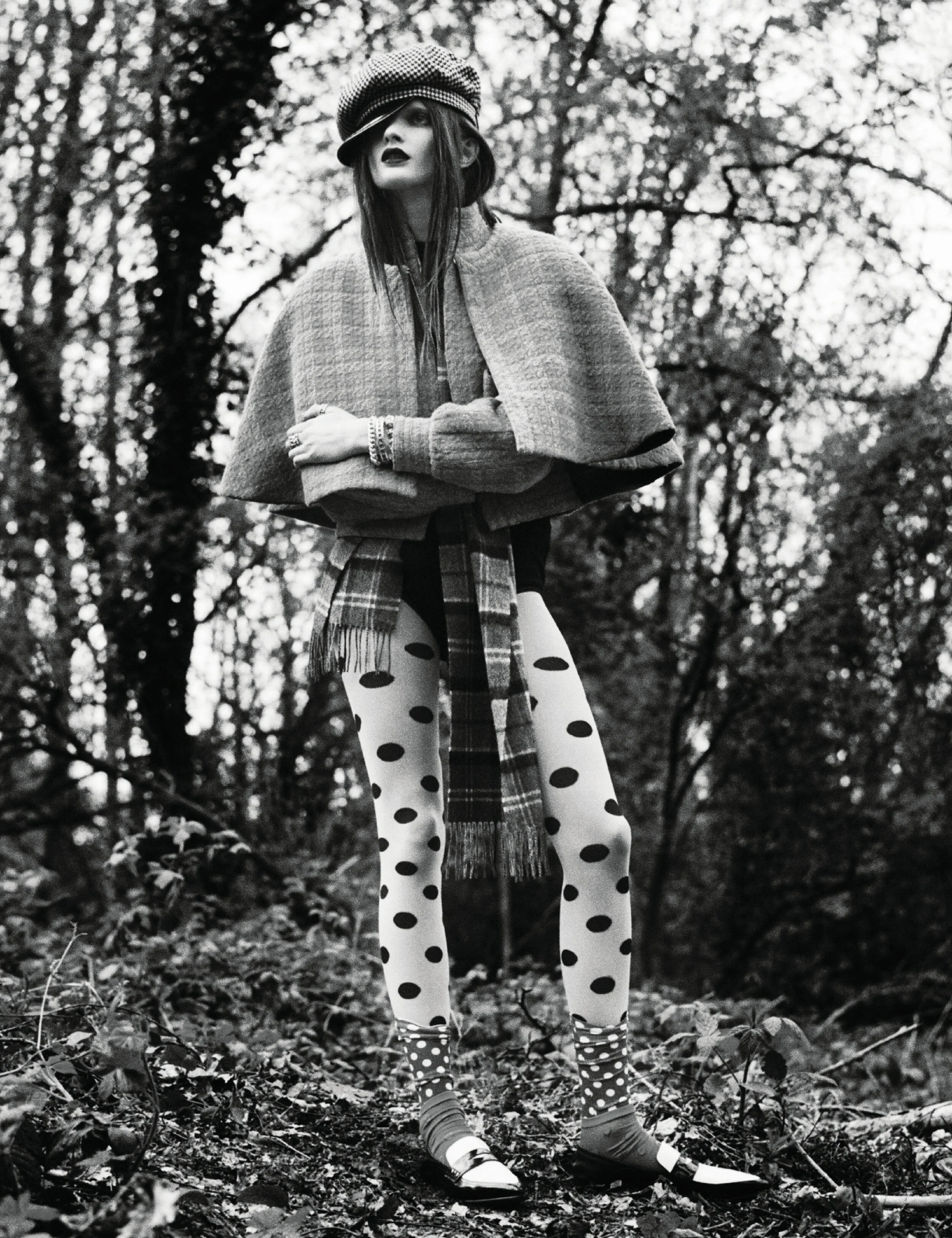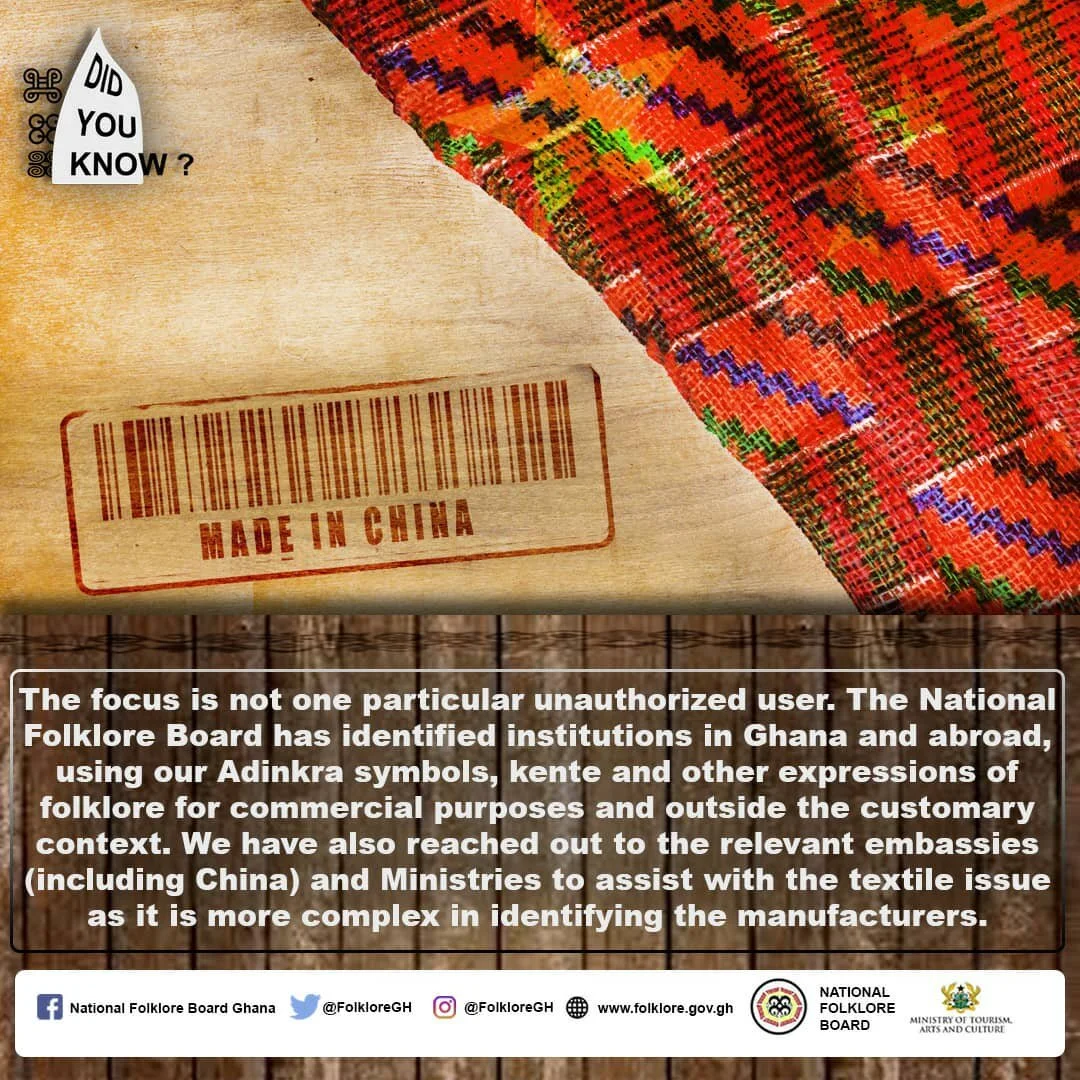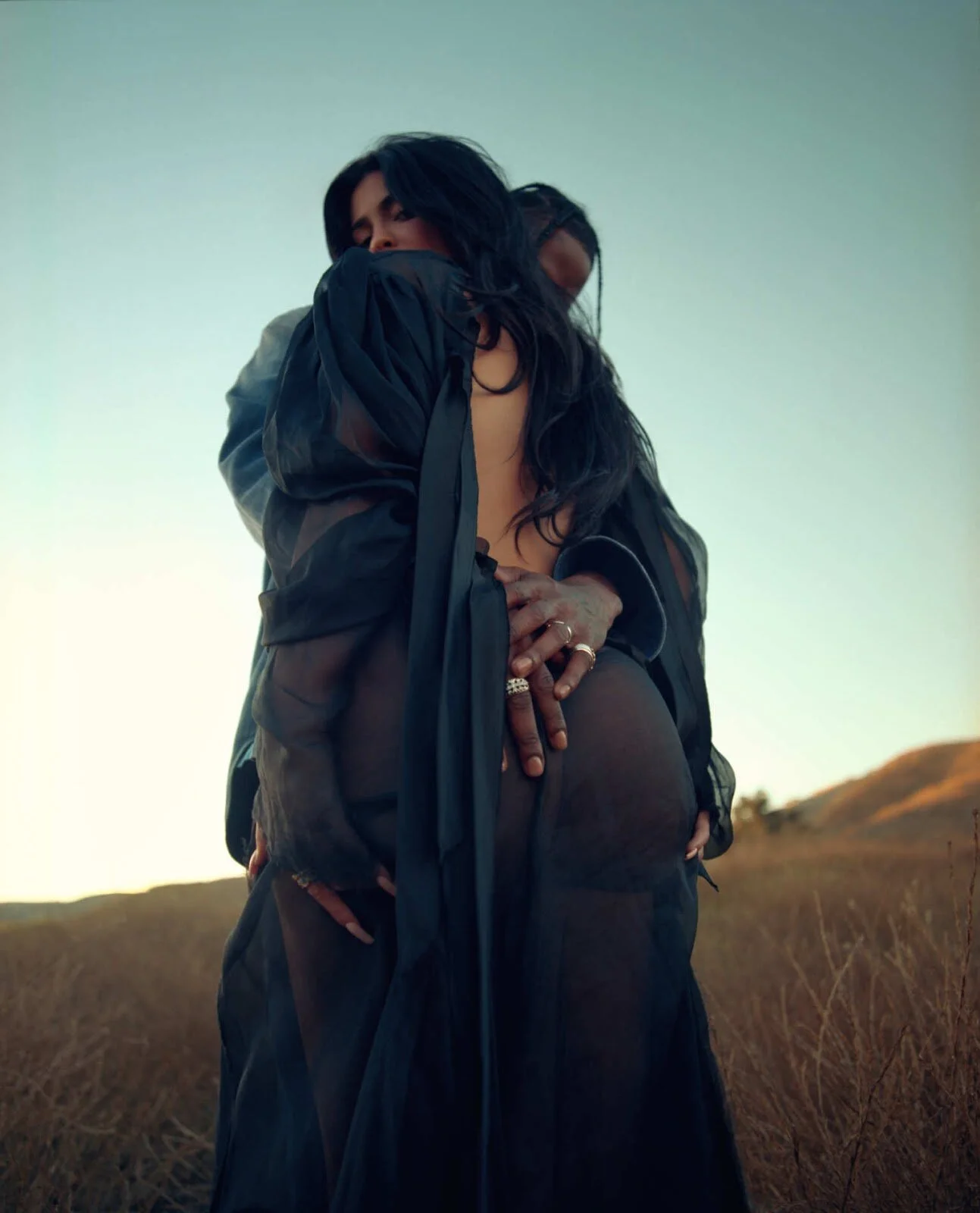Ghana’s Copyright Law for Folklore Hampers Cultural Growth
Ghana has a rich folkloric tradition that includes Adinkra symbols, Kente cloth, traditional festivals, music and storytelling. Perhaps one of Ghana’s best known folk characters is Ananse, the spider god and trickster, after whom the Ghanaian storytelling tradition Anansesem is named.
Ghana also has some of the world’s most restrictive laws on the use of its folklore. The country’s 2005 Copyright Act defines folklore as “the literary, artistic and scientific expressions belonging to the cultural heritage of Ghana which are created, preserved and developed by ethnic communities of Ghana or by an unidentified Ghanaian author”.
This suggests that the legislation, which is an update of a 1985 law, applies equally to traditional works where the author is unknown and new works derived from folklore where the author is known.
The rights in these works are “vested in the President on behalf of and in trust for the people of the republic”. These rights are also deemed to exist in perpetuity. This means that works which qualify as folkloric will never fall into the public domain – and will never be free to use.
The 1985 Act only restricted use of Ghana’s folklore by foreigners. The 2005 Act extended this to Ghanaian nationals. In principle, this means that a Ghanaian artist wishing to use Ananse stories, or a musician who wants to rework old folk songs or musical rhythms must first seek approval from the National Folklore Board and pay an undisclosed fee.
This is deeply problematic.

